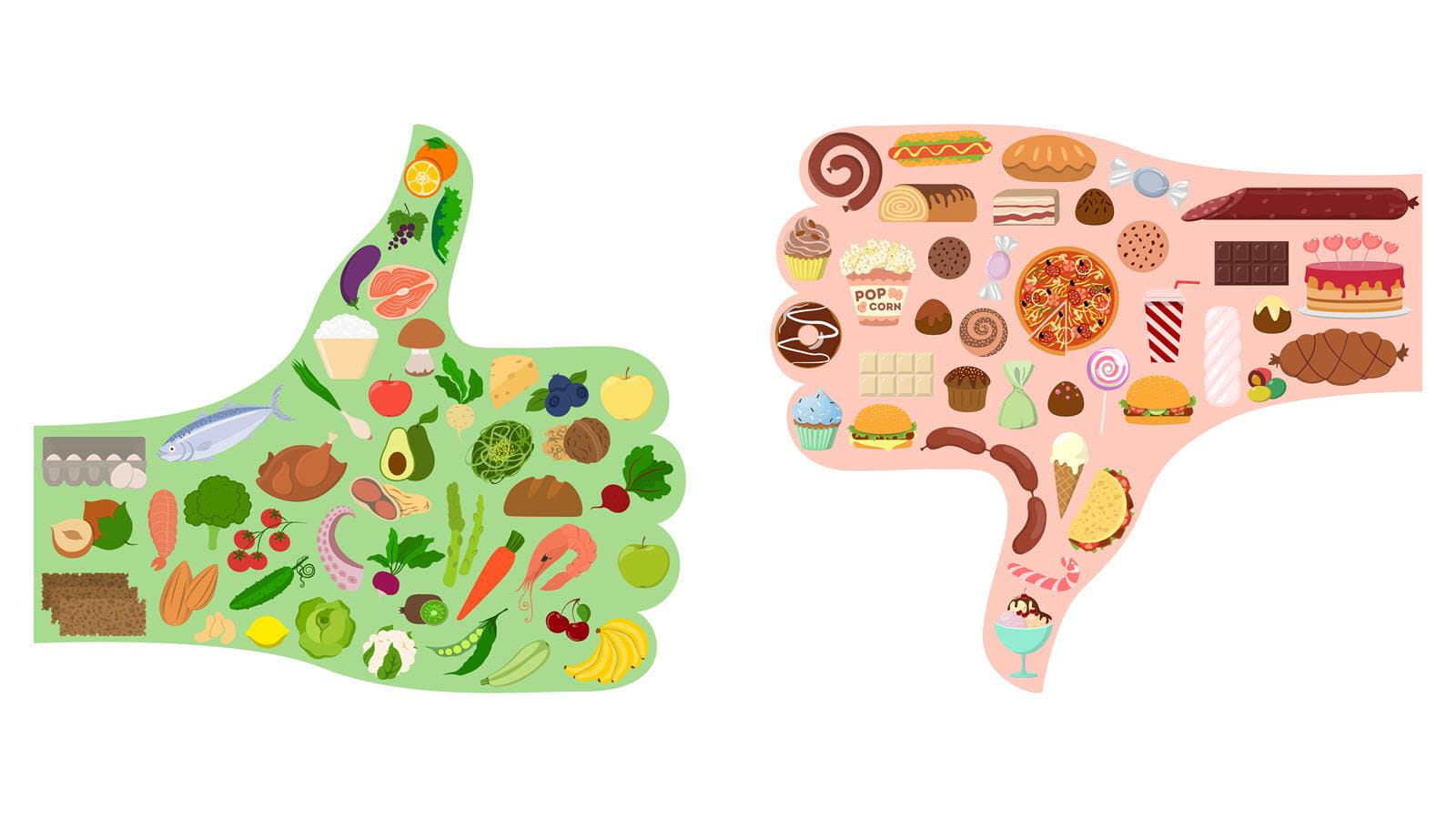The COVID-19 pandemic made most people wary of germs and had us wiping everything down, even the groceries. But did you know that microbes, including bacteria and viruses, aren’t all bad? Having the right mix of microbes in your digestive system, also known as your gut, can help keep you healthy.
For one thing, they could keep digestive problems at bay, such as Crohn’s disease and ulcerative colitis, said Dr. Peter Mannon, Chief of Gastroenterology and Hepatology at the University of Nebraska Medical Center. The absence of those good microbes appears to be strongly associated with having these illnesses.
Genetics, the environment and the use of antibiotics influence the health of your microbiome, made up of trillions of microbes that help you digest food, protect you from infection and maintain reproductive health, according to the U.S. National Institutes of Health.
“We tend to focus on destroying bad microbes. But taking care of good ones may be even more important,” NIH says.
Research continues into all the complexities of these microbes, their structure and the metabolites they produce, Mannon said. Based on what’s already known, you can’t go wrong with a diet that’s low in fat and sugar and high in fiber. That type of diet is also associated with lower risk of diabetes and metabolic syndrome.
“If you can maintain diversity in your microbiome, you could help prevent certain types of diseases and illnesses, including food-borne illness,” Mannon said.
He says his patients ask whether they should be taking probiotics – foods and supplements that contain “good” bacteria.
“The short answer is no. The long answer is we don’t have enough data to know which probiotics help which conditions,” he said.
It’s a particularly complex area of medical research because everyone’s microbiome is different – even twins, Mannon said. The topic is particularly layered for patients who have immune system problems, like those with primary immunodeficiencies (PI).
Having PI means a person is more prone to infection and likely has been prescribed antibiotics more often than the average person, said Mannon who presented information about GI problems at an Immune Deficiency Foundation forum last year. PI patients might assume their GI problems are related to their immunodeficiency; that’s sometimes true and sometimes not, he said.
Adding a variety of high-fiber foods is the simplest way for everyone to cultivate a healthy microbiome, Mannon said. He advises patients to aim for 25 grams per day and to get their fiber from foods rather than supplements. Choose seeds, nuts and fruits, whole grains and vegetables that are packed with fiber, which is plant-based component of food that isn’t entirely digested.
You won’t find a lot of fiber in iceberg lettuce salads, he said. Instead, choose beans and root vegetables, like sweet potatoes.
Harvard Medical School recently shared a new study that made the same point about diet. It confirmed the microbiome benefits of eating foods like spinach, nuts, whole grains, fish and eggs and added another wrinkle: The less processed the foods were, the better and more diverse the protective gut microbes were.
“Emphasizing minimally processed plant foods allows the gut microbiome to thrive, providing protection against, or decreasing the risk of, chronic diseases such as heart disease, diabetes, metabolic disease, and obesity,” according to the April 2021 Harvard Medical School article.



